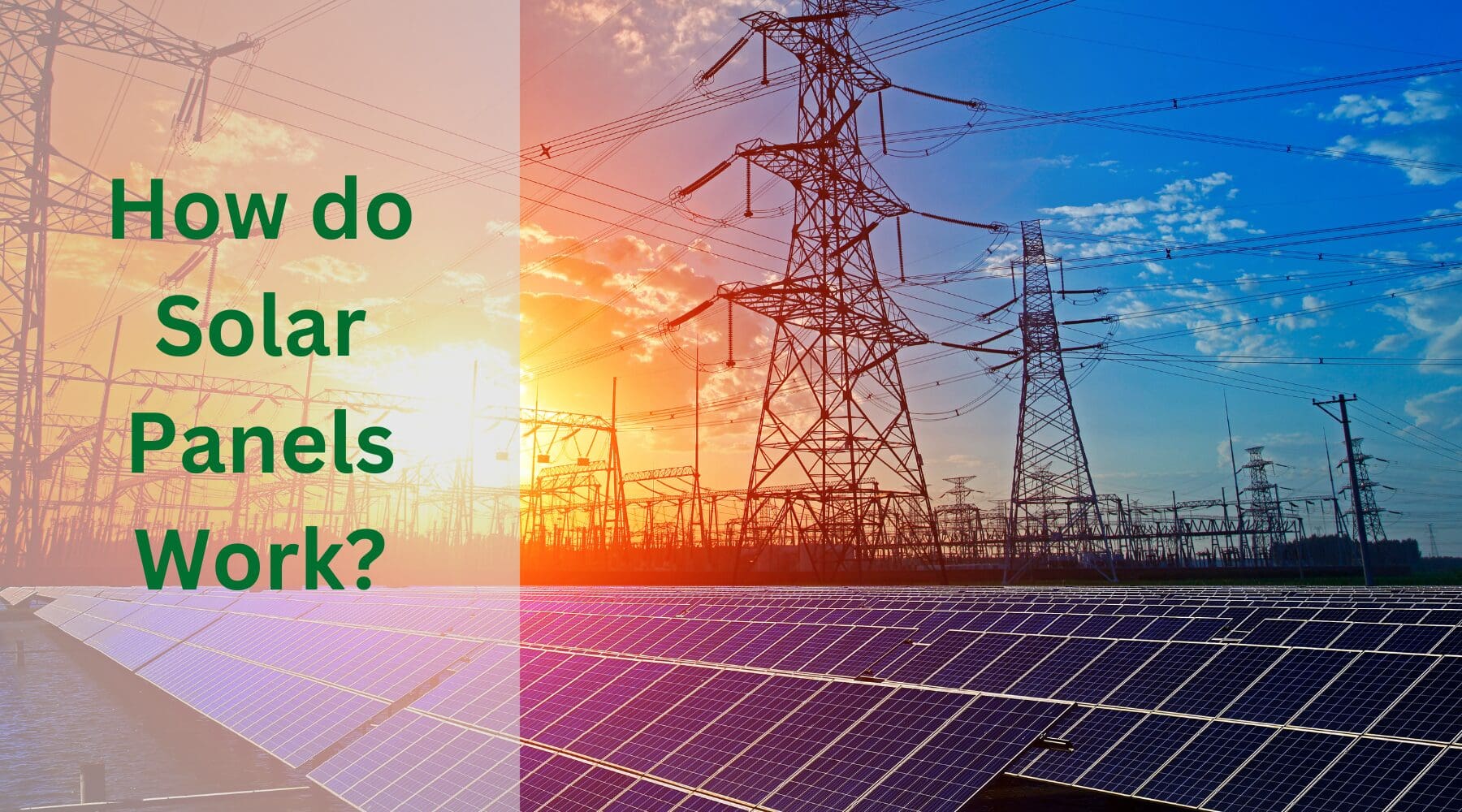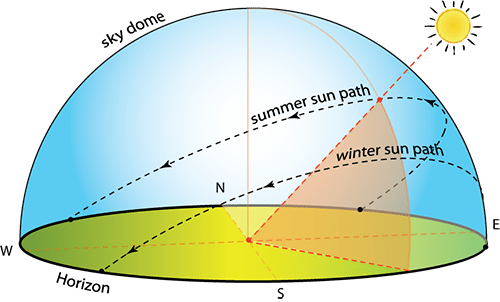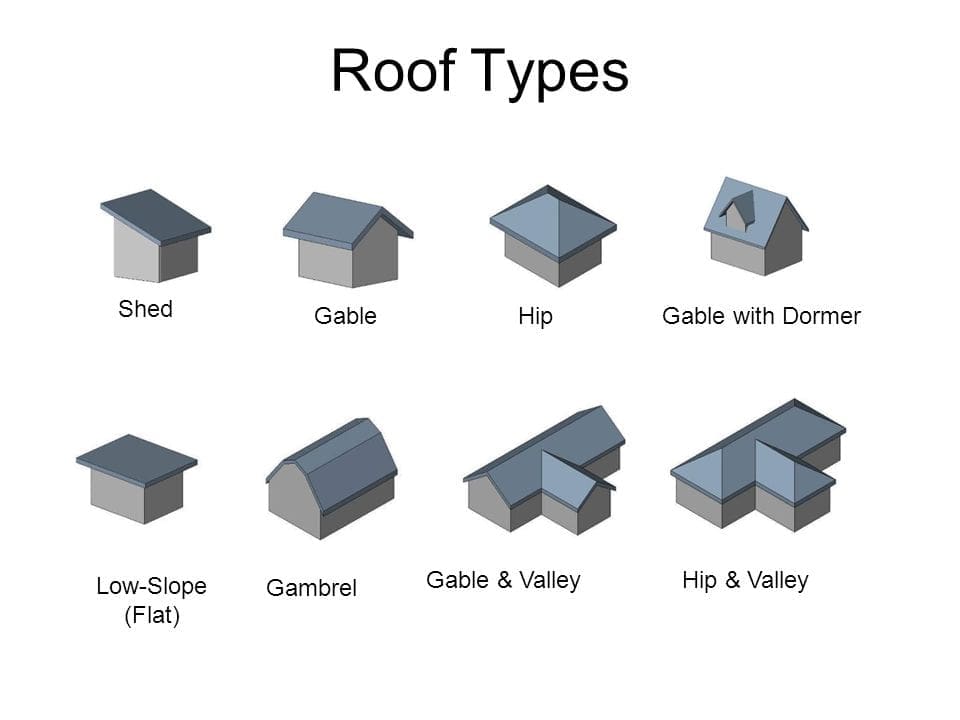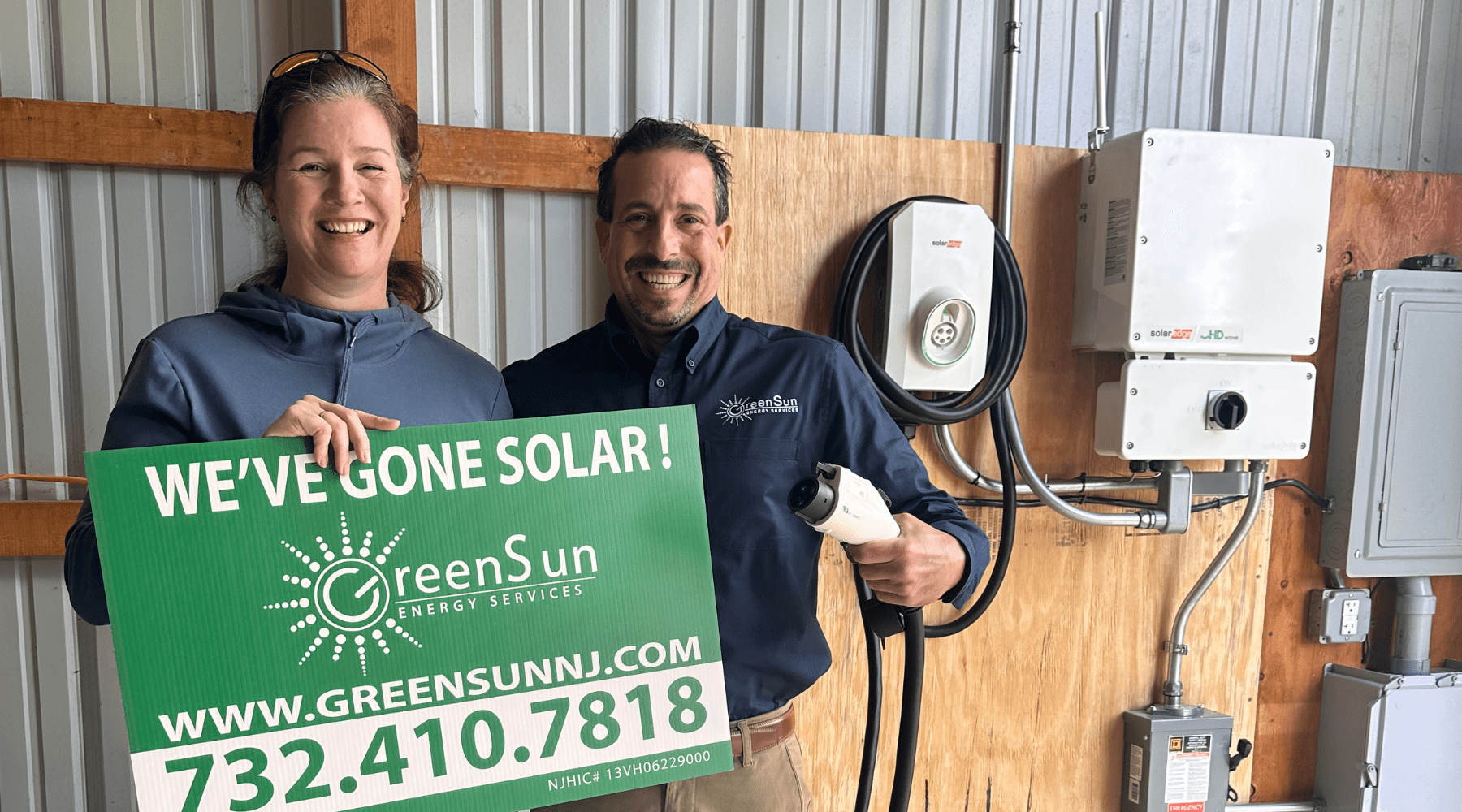Solar Basics and Incentives for New Jersey Homeowners

How do solar panels work?
Solar energy harnesses sunlight through photovoltaic cells in solar panels, converting it into electricity via inverters, and offers numerous benefits such as reduced carbon footprints, lower energy costs, increased energy independence, and seamless grid integration for optimized and sustainable power usage.

What are the incentives to go solar in New Jersey?

Is my house a good candidate for solar?
To determine if your house is suitable for solar, consider factors like roof condition, orientation, shading, and available sunlight. A professional solar installer can assess these elements and your energy usage to design an efficient system tailored to your needs.
If you've ever wondered about the inner workings of solar power, you've come to the right place. Solar energy is a clean, abundant, and renewable source of power that has gained immense popularity in recent years. Let's dive into the fascinating world of solar energy and explore how it works.

New Jersey is ideal for going solar, offering a 30% federal tax credit, state SREC incentives, and protection against rising electricity rates. With a 25+ year lifespan, solar power saves thousands while maximizing energy production and reliability.

Solar Access

If your roof is unshaded, you're an ideal candidate for solar. However, shade doesn't rule out solar energy. Using Power Optimizers or Micro Inverters, each panel works independently, so shading on one panel won’t affect the others. Tree trimming is also an effective solution, though it should be done every couple of years to prevent branches from blocking sunlight.
Roof Orientation

For solar in New Jersey, it's ideal for solar panels to face south. But if your house doesn’t have a large, unshaded south-facing roof, it's still okay. East and West-facing roofs get less sun than those that face south, but it’s not as little as you may think. According to the Concord Consortium, a home with panels that face east or west would get about 80% of the electricity that a house with south-facing panels would. Add in the use of Micro Inverters or Power Optimizers on a low-pitched roof and percentage increases closer to 85 or 90%.
Roofing Size & Shape

For the best solar results in New Jersey, a rectangular roof (gable roof) with standing-seam metal or asphalt shingles is ideal. Other materials, like tile, can increase installation costs. Rectangular roofs fit more panels, maximizing energy production. While hip roofs and roofs with dormers or valleys can still work for solar, they offer less space for panel installation.
Affordable, Reliable Solar—From a Company You Can Trust!
Since 2010, Green Sun Energy Services, LLC has helped homeowners and small businesses take advantage of New Jersey’s solar incentives—reducing or even eliminating their electric bills while protecting against future rate hikes. As a locally owned company, we focus on trust, reliability, and exceptional customer support. With flexible financing, expert installation, and industry-leading warranties, we make adopting solar energy simple, affordable, and stress-free.

Continue Learning About Solar
Explore more about solar incentives, including federal and state tax credits, SREC-II income, and net metering, as well as insights into custom system design, flexible financing options, and our streamlined installation process. Gain the knowledge you need to make an informed decision about transitioning to clean and affordable solar energy.


